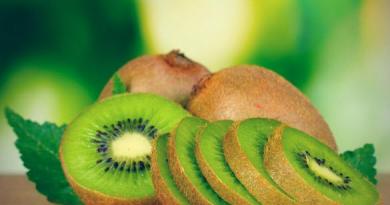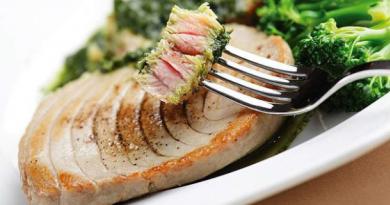Coconut oil is a vegetable oil known to many, consisting of 99% fat. The raw material for its production is fresh copra (pulp) of the nut of the same name. First, the copra is subjected to grinding, then drying, followed by pressing. Cake production waste is feed for livestock.
More recently, such a plant product was considered harmful due to the fact that the composition of coconut oil is rich in fatty acids. Numerous studies have shown that coconut oil brings great benefits to the human body when consumed in food.
Today it is quite common, the oil is widely used in cosmetology. It is worth understanding in detail the properties, methods of production and application of a product such as coconut oil. Coconut oil benefits and harms will be considered in each area of its use.
There are two ways to produce butter, each of them has its own characteristics:
1. Cold pressed. The oil produced in this way is the most valuable, as it is obtained during the gentle processing of raw materials. Cold-pressing copra retains all of the beneficial properties of the final product, but this method does not extract all of the oil contained in the dried pulp.
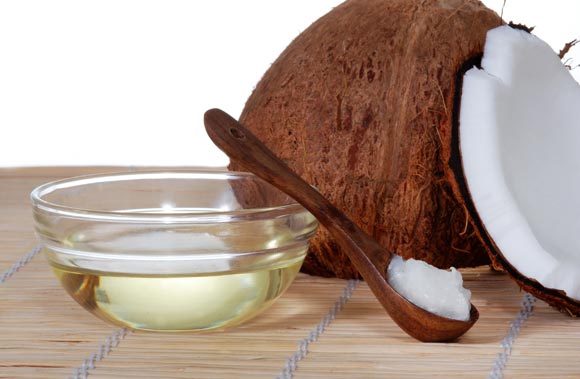
This is why cold-pressed coconut oil is an expensive but high quality product.
2. Hot pressing. Thanks to this method of processing raw materials, it is possible to obtain more oil than with cold pressing. But as a result of high temperatures and the use of various chemicals, the beneficial properties of this plant product are partially lost.
This explains the not too high cost of the final product; refined coconut oil is most often made from it. It is stored longer, does not have a pronounced color and smell.
Each of these oils finds its use both in cosmetology, body and hair care, and in cooking. Let's try to figure out which oil should be used for a particular procedure, as well as for cooking.
Uses of cold pressed coconut oil
This type of oil is used not only in cooking, but also in cosmetology. A healing herbal product recommended for regular use for dieters, this coconut oil can also be used to prepare children's meals. It is added to almost all types of dishes: from salads to pastries, desserts and vitamin drinks.
Unrefined oil is also used for weight loss. It is taken immediately before meals, mixed with warm boiled water.
Refined oil also contains enough useful substances, but it is not used for food. It is usually used for cosmetic purposes. Due to its moisturizing properties, it perfectly nourishes the hair and overdried skin, protects against the negative effects of environmental factors.
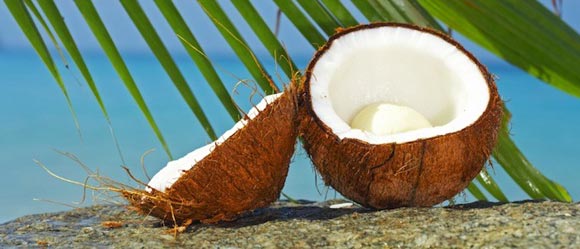
Each of the oils can be used for hair care, so it is added to conditioners, balms and masks. With regular use of coconut oil, the hair will quickly acquire a well-groomed appearance and shine with health.
This unique plant product has a lot of useful properties, namely:
- speeds up metabolism (metabolism);
- removes excess cholesterol from the body;
- normalizes blood pressure;
- has antibacterial, antiviral, antifungal action.
Coconut oil has a beneficial effect on curls and scalp - it is an excellent nutrient for them. It creates an invisible protective foam on the surface of the hair, it protects the strands from the negative effects of ultraviolet rays, as well as other negative environmental factors.
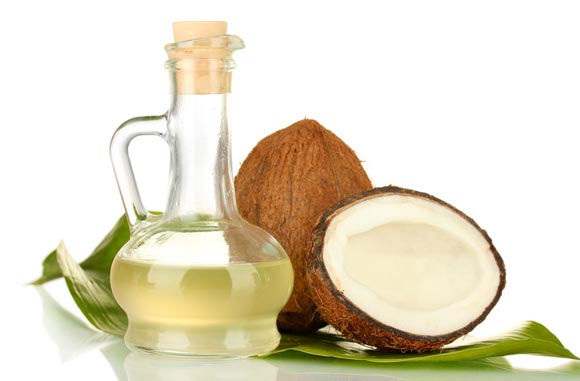
You can get detailed information about the benefits of coconut oil from the instructions for this herbal product. It states that coconut oil not only enriches the body with useful substances, but also contributes to a better absorption of other vitamins and macronutrients, namely: Ka, Mg and some amino acids. Many people know that such a product has antioxidant properties, it prevents the development of osteoporosis with regular consumption.
What is in coconut oil?
The chemical composition of such a product is diverse. It is rich in vitamins A, E, B, C, K, which explains its moisturizing and regenerating properties. The composition of this healing agent includes a number of essential fatty acids: lauric, myristic, oleic, caprylic, capric.
The presence of natural antioxidants in this plant product allows you to store coconut oil in the open. Its composition is unique, it is considered a valuable cosmetic product, as it contains a natural moisturizer, which is represented by lauric acid. Coconut oil, like all oils, is a high-calorie product, 100 grams contains approximately 899 kcal. That is why it is worth using it in food in minimal doses.
You can eat coconut oil regularly, but in limited doses, then such a product will only benefit. It is worth highlighting a number of useful properties of this product:
- prevents the development of atherosclerosis, the formation of blood clots;
- positively affects the state of the entire cardiovascular system;
- heals the thyroid gland;
- contributes to the normal functioning of the gastrointestinal tract;
- has a sedative effect;
- improves immunity;
- has a pronounced antioxidant effect;
- prevents the development of obesity and associated liver diseases;
- improves the general condition in type 2 diabetes mellitus.
Of course, coconut oil is indispensable in nutrition. The benefits and harms of the product are described in many scientific research results.
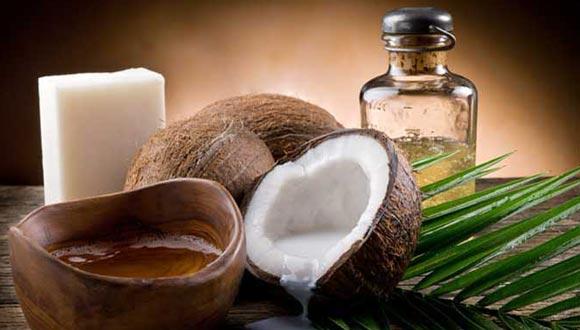
The harm of coconut oil is the occurrence of allergies or food poisoning during its use. It is worth noting that the body can react this way in case of oversaturation of the body with coconut oil. Consultation with a specialist will allow you to clarify how much oil should be consumed without harm to health.
Coconut oil for food
In some Asian countries, coconut oil is used for cooking. It is great for dressing salads, it is added to dishes of meat, fish, rice and vegetables. During heat treatment, the oil retains its properties, it does not oxidize. Therefore, you can safely fry vegetables and meat in such vegetable oil.
It is added to pastries and desserts, thereby giving the homemade delicacy a special taste and incomparable aroma.
Not many people know that this product does not contain cholesterol, which is why you can not limit the use of coconut oil in food. The benefits and harms lie in the balance, of course, the beneficial qualities of the product exceed the possible negative effects on the body.
It is not recommended to use this oil in food for those who are allergic to any food products. It is worth introducing a new product gradually, adding it to food in microdoses, this will help to quickly identify an allergic reaction in family members and, if necessary, completely eliminate coconut oil from the diet.
Using coconut oil correctly, taking into account its benefits and harms, you can maintain your health at the proper level, as well as look young and attractive.


